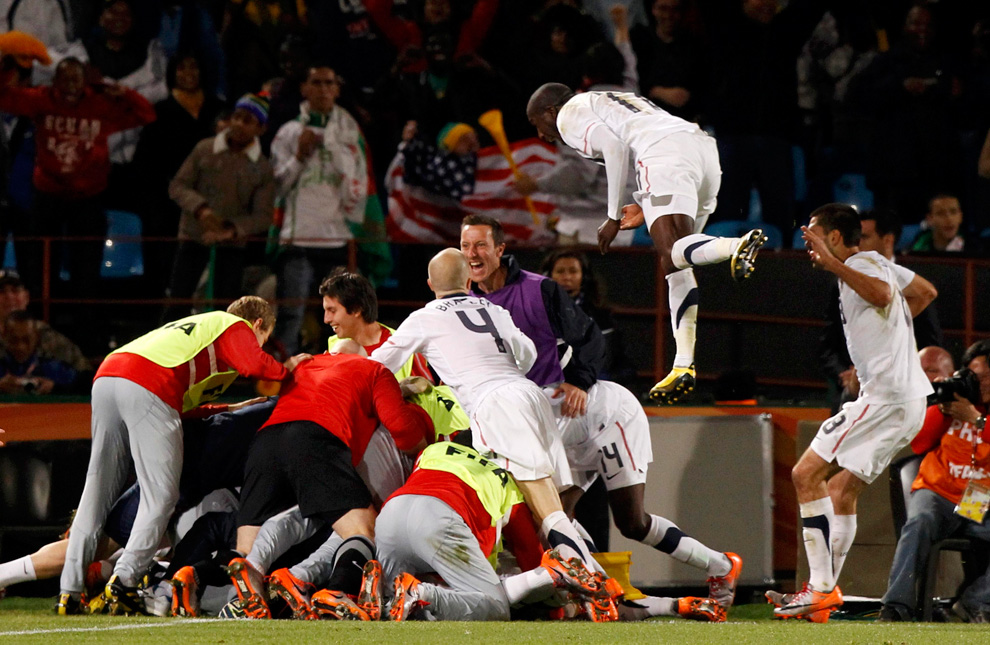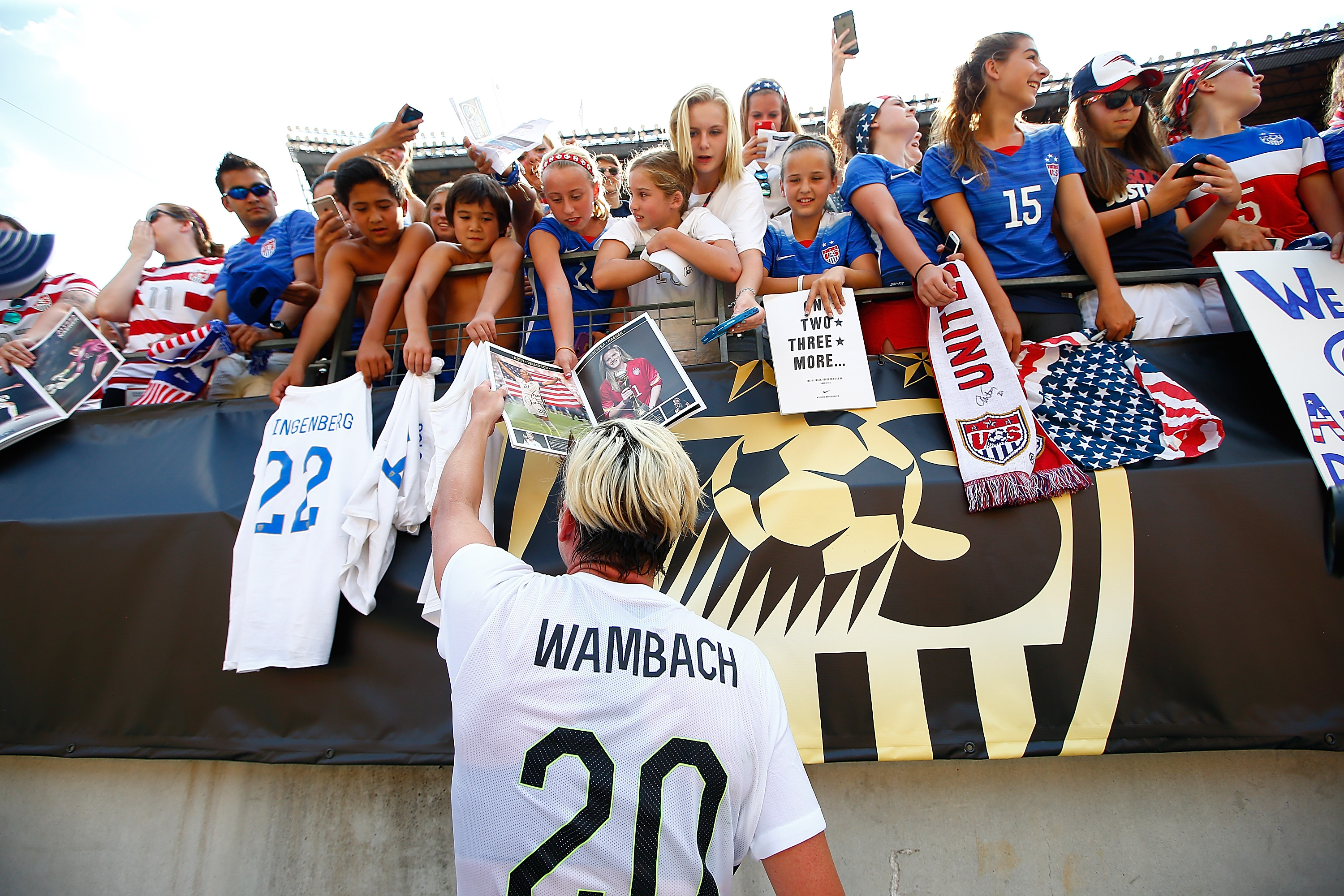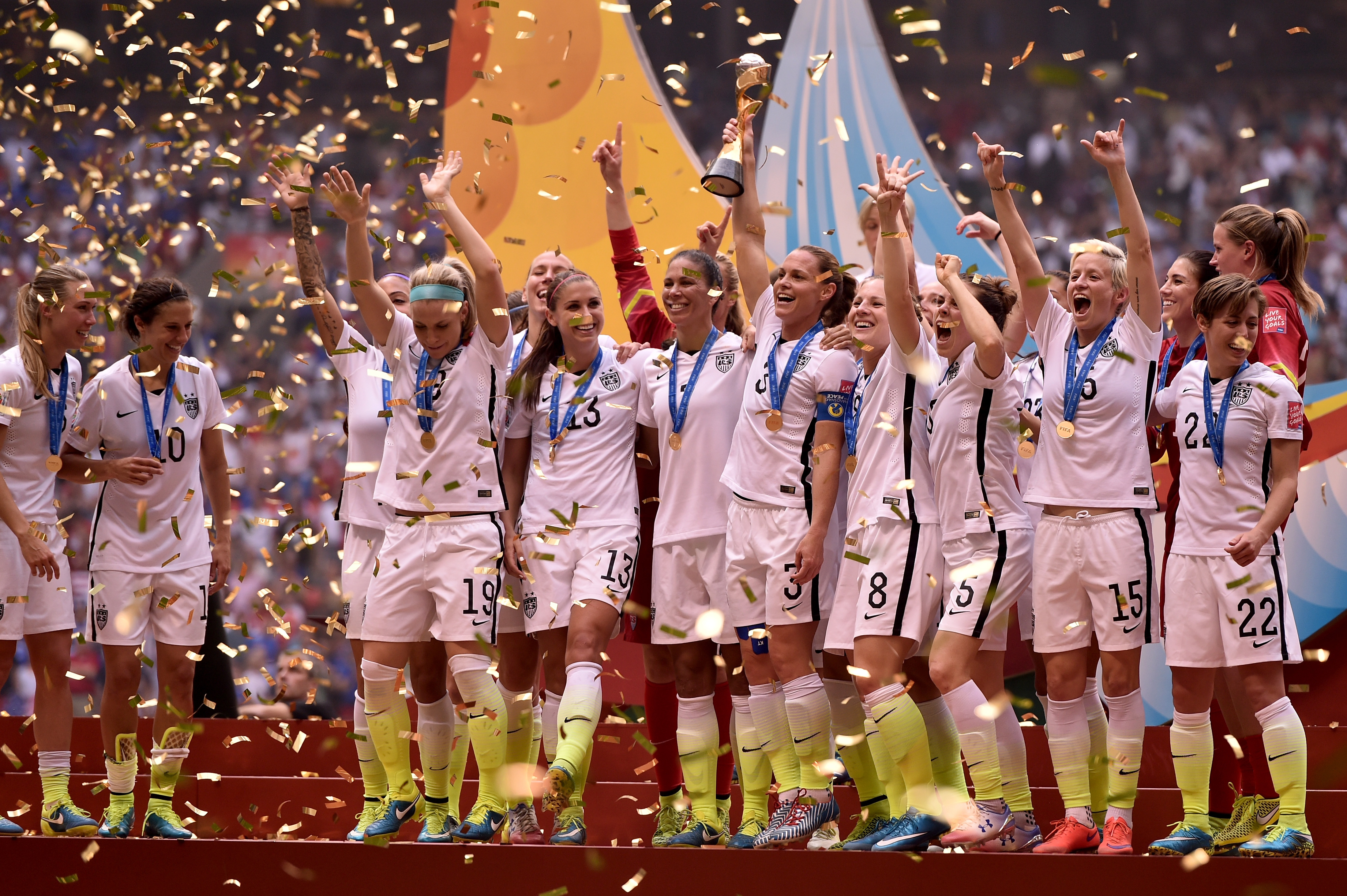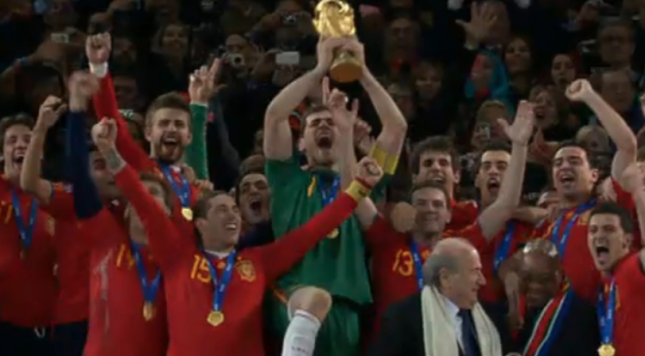The Mongols.
The Romans.
The Ottomans.
Tiki-taka?
No empire is meant to last forever, and the Spanish national team learned that lesson the hard way in one of the most stunning results in World Cup history. It wasn’t that Spain lost to the Netherlands in their opening match of the 2014 World Cup. It was that they were annihilated by a rampant Dutch side who wasn’t in the same class as Spain in the 2010 Final in South Africa.
The 5-1 defeat was the worst ever suffered by a defending World Cup champion. It was the first time Spain had allowed 5 goals in a World Cup game since the last time the tournament was played in Brazil in 1950. And the still-most-incomprehensible aspect of it all is that it could have been worse for Spain. There were signs at the 2013 Confederations Cup that Spain’s grip on world soccer might be slipping ever so slightly, but nothing could have predicted what unfolded in Salvador.
It had started so well for the defending champions. A beautiful thru ball by Xavi created a chance that Diego Costa made the most of and the ensuing penalty was cooly taken by Xabi Alonso. The early goal may have been best for the Dutch, forcing them to explore the Spanish defense and not allow Spain to hold the ball. From that moment, the Spanish side were cut apart by Arjen Robben and Robin Van Persie. The 3rd Dutch goal was perhaps fortunate not to be called back for a foul on the goalkeeper, but from then on Spain’s psyche was shattered. The shocker from Iker Casillas that led to the 4th Dutch goal looked like something you’d see from your 6 year old cousin when he takes your XBox controller playing FIFA.
https://www.youtube.com/watch?v=af9uiBfTqys
Turnover after turnover, attack after attack. The Netherlands could have easily scored 7 or 8 goals with Spain in shambles physically and mentally in the closing minutes. Over the last 15 minutes of the game, the Netherlands had 8 “dangerous attacks” according to FIFA’s official stats. Spain had none.
Over the course of the game Spain did have more possession (57-43 percent). They completed more passes (560-317) at a higher rate (83-75 percent) than Holland. However, the Netherlands had 13 attempts on goal to just 9 for Spain. The Dutch did exactly what we asked yesterday before the game. They took their chances on the counterattack with brutal efficiency, eventually demolishing Spain over the course of 45 minutes in the second half.
It’s not easy to remember, but Spain also lost their opening game of the 2010 World Cup versus Switzerland 1-0. However, this felt much different. This was not a less talented, scrappy team trying to pluck out a result against superior opposition by parking the bus and getting a lucky goal. This was a thrashing. Aside from a questionable penalty call, Spain couldn’t crack a Dutch defense that had several question marks coming into the tournament. And now with Diego Costa’s future in question thanks to a head butt and Fernando Torres once again failing to impress, the question has to be asked where Spain’s goals will come from against Chile and even Australia. Forget how far Spain can go in this tournament, now the debate will turn to whether they can survive the group.
From 2008-2014, Spain has built one of the great soccer dynasties the world has ever seen. They’ve accomplished feats at the international level never equaled in the history of the sport. Euro 2008 Champions. World Cup 2010 Champions. Euro 2012 Champions.
And yet that was just a distant memory on Friday against the Netherlands, when it felt like more than just a World Cup group stage game. More than just one defeat. It felt like the end of an era, and the end of one of soccer’s great empires.






